The apple is a small trees, typically 15-50′ tall, forming a short crooked trunk about and a globe-shaped crown with spreading, crooked branches. They prefer full sun, moist to partially dry well-drained conditions, and fertile loamy soil. The cultivated Apple is vulnerable to many insect pests and disease organisms, although some cultivars have greater resistance to them than others. Dwarf cultivars are available that produce full-sized fruit on trees less than 10′ tall.
Description from illinoiswildflowers.info
Home > Plant Guide >
Scientific Name
Family
Garden Type
Wildlife
Native Plant Region
Light needs
Water Needs
Plant Type
Bloom Color(s)
Height
Width
Months in Bloom
Safe Beneath Power Lines?

We’d like to maintain accurate and robust plant listings. If you see information that is not correct or that could be added to improve the listing, please let us know. Or if you’d like to suggest a plant to add to our plant guide, you can use this form do so. Thank you!
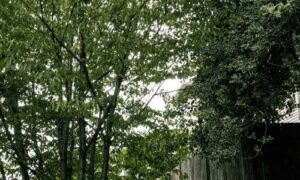
The plants, animals, fungi, microbes, and other natural features that make up “urban habitat” are important to the character, function, and livability of cities.
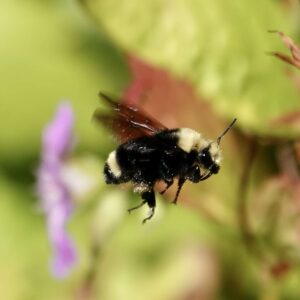
Look closer…and meet the local insects that pollinate the plants around your Seattle neighborhoods. Learn about some of our amazing native pollinating insects.
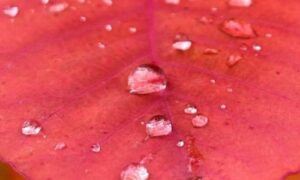
Seattle neighborhoods are full of wildlife and wild things. We’ve compiled a few exercises to help you slow down and appreciate the nature that surrounds you.
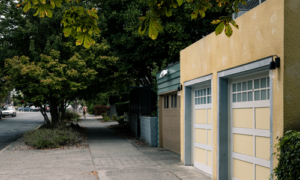
Take a virtual tour of Capitol hill with naturalist and author David B. Williams and gain a new appreciation of the nature of the city and its wild side.
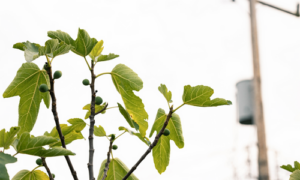
Learn about the diversity in pigeon populations in the United States and the implications of this variability on the species.
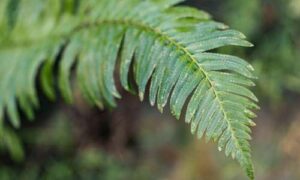
Despite the urban character and the high population density, a surprising diversity of life exists in Capitol Hill. Explore a few physical aspects of our urban ecosystems and meet some of its more-than-human residents.
Nature of Your Neighborhood is a collaboration between Birds Connect Seattle, the Capitol Hill EcoDistrict, and the Seattle Bird Conservation Partnership. Our goal is to foster relationships between the people and the nature of their neighborhoods.